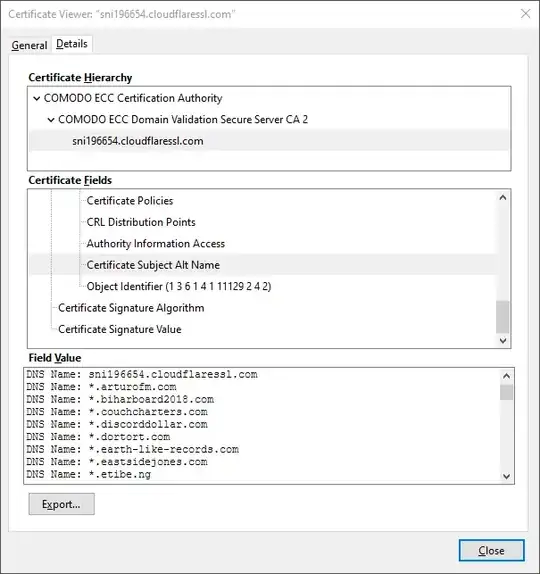HTTP 1.1 added a "host" header, to allow multiple web hostnames to use the same IP address. Each website no longer has it's own unique IP, not for the last 20 years or so.
Originally, when the WWW was invented, there were still plenty of IPv4 addresses to go around. So each DNS hostname pointed to one IP address. So a webserver knew which host the client wanted, itself! Because it was the only one serving that IP address and therefore that hostname. One DNS name equalled one IP address.
It has always (AFAIK!) been legal for several domain names to point to the same IP address. When IP addresses started to run out, this practice became more common. There are more hostnames now that there are IP addresses. A particular www server is no longer distinguished by having it's own IP address. Now, several hostnames resolve to one IP address. But how can a server, living on one IP address, know which of it's "aliases", it's hostnames, it's supposed to be acting as?
So they invented HTTP 1.1, which added a "host" header, to solve this problem. Instead of a site's hostname being implicitly "me!", it's now sent as a header, and the web server, or some front end, can decide from that how to handle a request, which web site it's supposed to be acting as, and possibly hand over to some other bit of software to do the work.
All in the name of sticking with IPv4 til the bloody end! Til the world is a desert, scattered with broken thermionic valves and uranium, and the last two living human beings, if you can call them that, fight to the death for the last routable address.
To answer your question, "It's normal. It's fine!"
